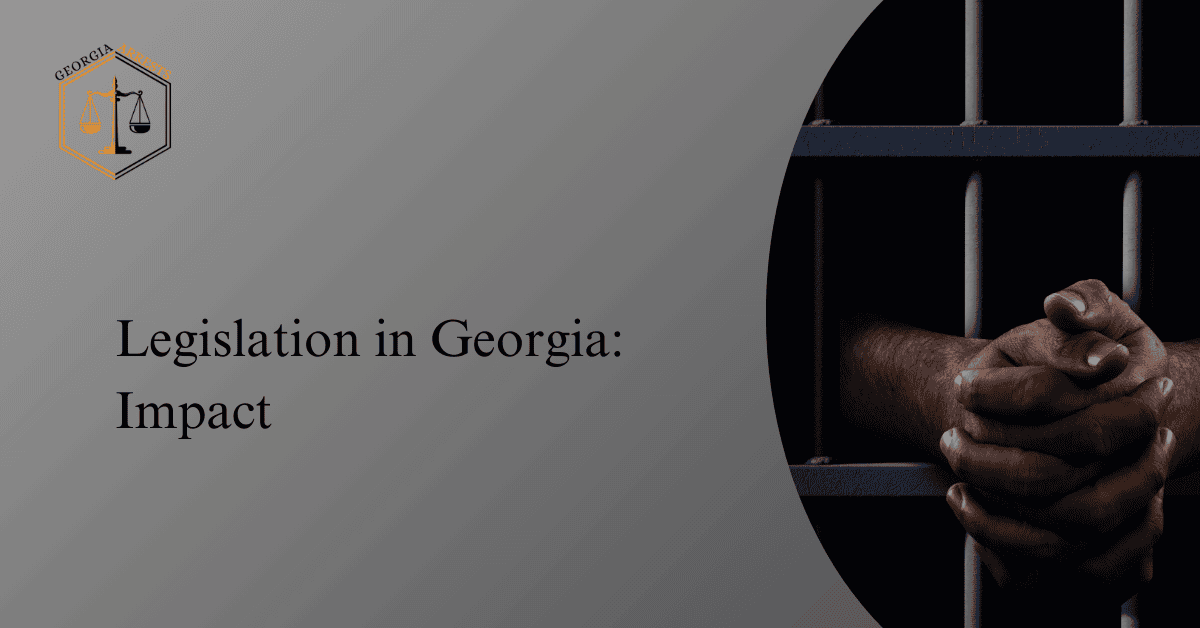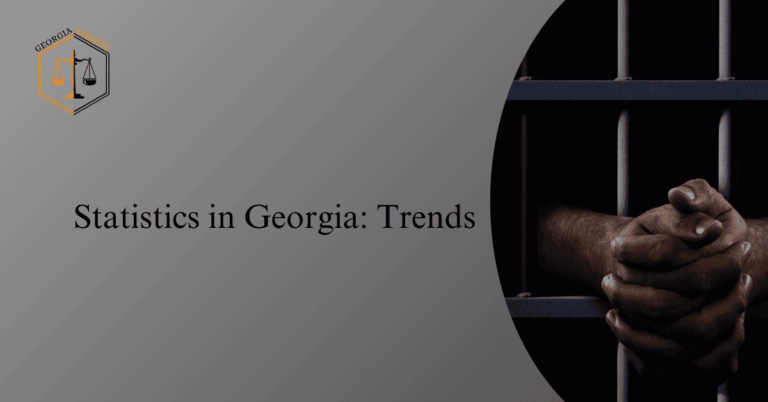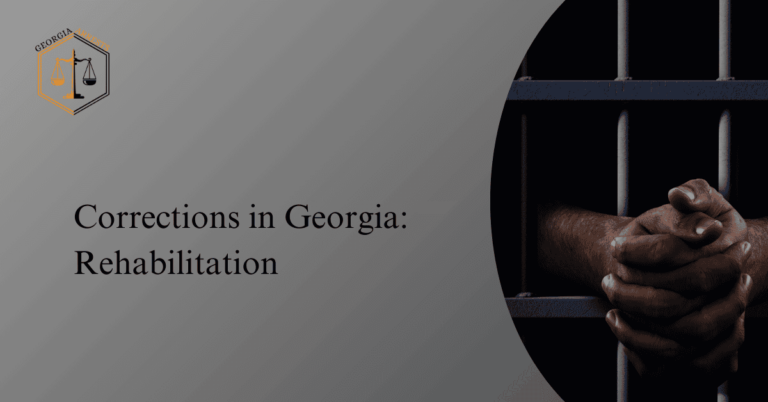Legislation in Georgia: Impact
Legislation in Georgia has a profound impact on various aspects of society, influencing everything from education to healthcare. The laws put in place by the state government shape the way businesses operate and how individuals interact with their communities. Understanding the implications of these regulations is crucial for residents to navigate daily life effectively and for businesses to thrive in a compliant manner.
Additionally, the impact of legislation in Georgia extends beyond the state borders, with national implications on policies and practices. By examining the effects of these laws, we can gain insight into the broader legal landscape and how it shapes the socio-economic fabric of the region. Stay informed about the latest developments in legislative decisions to grasp the full extent of their impact on Georgia and beyond.
Overview of Legislation in Georgia
Georgia, known for its diverse landscape and rich history, is also home to a complex legislative framework that shapes various aspects of daily life for its residents. From education regulations to business operations and compliance, the legislation in Georgia plays a crucial role in shaping the state’s socio-economic landscape.
Education Regulations
Education regulations in Georgia are designed to ensure that students receive a high-quality education that prepares them for success in the workforce. These regulations cover a wide range of topics, including curriculum standards, teacher certification requirements, and school funding mechanisms.
Impact on Healthcare System
The education regulations in Georgia have a direct impact on the state’s healthcare system. By ensuring that students receive a comprehensive education, the state is better able to produce a skilled workforce that can meet the healthcare needs of its residents.
Business Operations and Compliance
Businesses in Georgia must navigate a complex regulatory environment to ensure compliance with state laws. From tax regulations to licensing requirements, businesses must stay up to date on the latest legislative developments to avoid potential legal pitfalls.
Navigating Daily Life for Residents
For residents of Georgia, understanding and navigating the state’s legislative landscape is essential for a smooth daily life experience. From community interaction and engagement to implications for businesses and individuals, the legislation in Georgia has far-reaching effects.
Community Interaction and Engagement
Community interaction and engagement are vital components of daily life in Georgia. Legislative decisions impact how residents interact with each other and with local government, shaping the overall quality of life in the state.
Implications for Businesses and Individuals
Businesses and individuals in Georgia must stay informed about legislative developments to make informed decisions that impact their daily lives. From tax implications to regulatory changes, staying abreast of legislative updates is crucial for success.
National Implications and Policy Influence
The legislative decisions made in Georgia have national implications and influence broader policy discussions. By understanding the effects on the socio-economic landscape and gaining insights into the legal landscape, stakeholders can make informed decisions that benefit the state as a whole.
Effects on Socio-Economic Landscape
The legislation in Georgia has a significant impact on the state’s socio-economic landscape. By shaping policies that affect businesses, individuals, and communities, the legislative framework influences the overall prosperity and well-being of Georgia residents.
Broader Legal Landscape Insights
Insights into the broader legal landscape in Georgia provide valuable information for businesses, individuals, and policymakers. By understanding the legal framework, stakeholders can make informed decisions that align with state laws and regulations.
Latest Developments and Legislative Decisions
Staying informed about the latest developments and legislative decisions in Georgia is essential for anyone impacted by state laws. By following legislative updates and understanding the implications, stakeholders can adapt to changes and thrive in Georgia’s dynamic legislative environment.
Frequently Asked Questions
Our Frequently Asked Questions section aims to provide detailed information on legislation in Georgia and its impact. Below are some commonly searched queries regarding this topic.
What is the legislative process in Georgia?
The legislative process in Georgia involves the introduction, discussion, and approval of bills in the state legislature. Bills can originate in either the House of Representatives or the Senate, and they must pass both chambers before being sent to the Governor for approval or veto.
What are some recent legislative changes in Georgia?
Recent legislative changes in Georgia have included reforms in areas such as voting rights, criminal justice, and education. These changes have sparked debates and discussions among lawmakers and the public regarding their impact on the state.
How does legislation in Georgia impact businesses?
Legislation in Georgia can have a significant impact on businesses operating in the state. Changes in tax laws, regulations, and industry-specific policies can affect the way businesses operate, leading to adjustments in strategies and operations.
What is the role of lobbyists in Georgia legislation?
Lobbyists in Georgia play a crucial role in advocating for specific interests and influencing legislative decisions. They work to educate lawmakers on various issues, promote certain policies, and ensure that their clients’ voices are heard during the legislative process.
How can individuals get involved in the legislative process in Georgia?
Individuals can get involved in the legislative process in Georgia by contacting their local representatives, attending public hearings, and participating in advocacy efforts. By voicing their opinions and concerns, citizens can influence legislative decisions and contribute to the democratic process.







